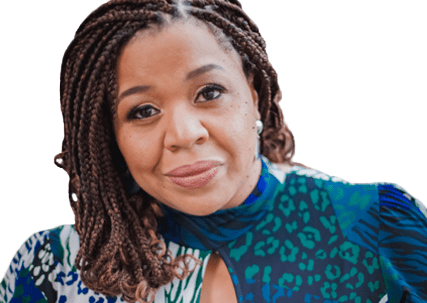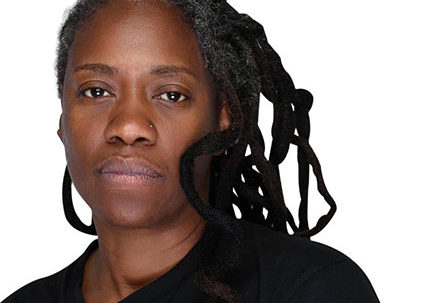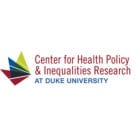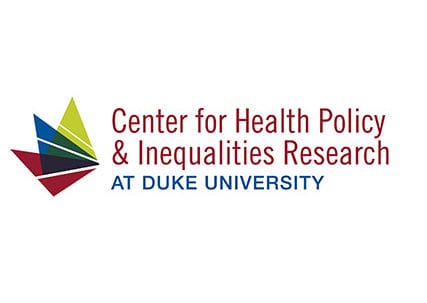Torrie Shepard joined the Southern AIDS Coalition team in 2020 as their Media Coordinator. She is a native of Virginia and graduated from the University of Virginia with a Bachelor’s degree in African American and African Studies in 2016. Her career path led her to Atlanta where she found a new love for digital advocacy, becoming the Digital Media Coordinator at the National Center for Civil and Human Rights in 2018.
Southern AIDS Coalition
Stigma Reduction and Culturally Appropriate Care
The mission of the Southern AIDS Coalition (SAC) is to end the HIV epidemic in the South. SAC is a non-partisan coalition of government, community, and business leaders working alongside thousands of community members to prevent new transmissions and build a better South for people living with HIV (PLHIV). Since 2001, they have promoted accessible and high-quality systems of HIV prevention and care across 16 Southern states and the District of Columbia. Today, their work is divided into four core categories: public health advocacy, capacity building assistance, and education, formative research and evaluation, and strategic grantmaking. The Southern AIDS Coalition also collaborates closely with the Southern HIV/AIDS Strategy Initiative (SASI), which is an initiative of the Duke Health Justice Clinic.
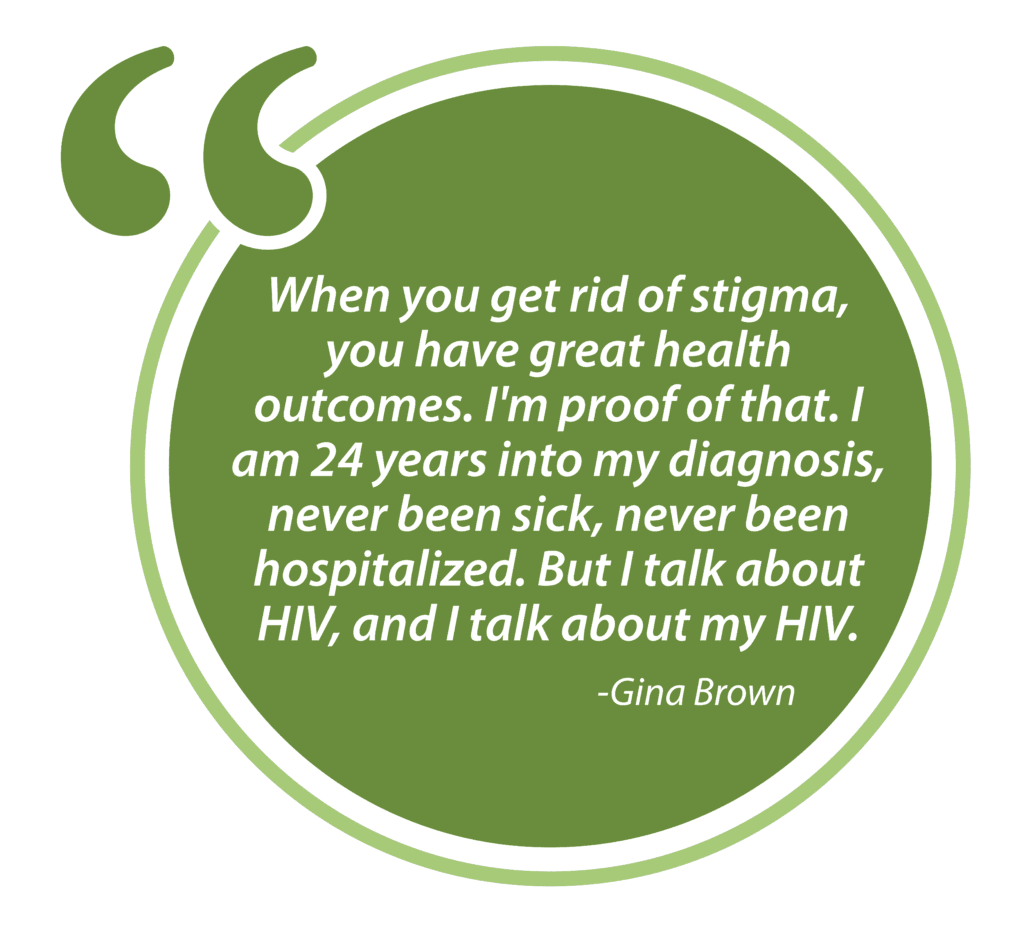
We Offer
Internalized Stigma Reduction Trainings
We work directly with community organizations across the South to identify opportunities for growth, provide tailored trainings, and strategically allocate funding to increase capacity, programming, and professional development. We provide funding for the design, implementation, and evaluation of interventions to reduce HIV-related stigma for people living with HIV in the South. We work directly with community organizations across the South to identify opportunities for growth, provide tailored trainings, and strategically allocate funding to increase capacity, programming, and professional development.
Awareness, Education, and Stigma Reduction Campaigns
We provide funding for community-led grassroots campaigns to promote awareness and real knowledge about HIV and AIDS.
Learning Opportunities
We partner with organizations to pilot HIV-related stigma reduction interventions in local communities across the South. Currently, they are implementing and evaluating the LEAD Academy and Unity Workshop.
Stigma Reduction Trainings
We offer trainings to community-based organizations, government agencies, health care delivery entities, and government agencies on how to provide culturally appropriate, non-stigmatizing services to people living with HIV and other marginalized communities (or people living with or disproportionately impacted by HIV in the South).
Southern AIDS Coalition COMPASS Coordinating Center
530 Beacon Parkway West, Suite 503
Birmingham, AL 35209
-

-

De’Ashia Lee
COMPASS Program Manager
De’Ashia Lee COMPASS Program Manager
EmailDe’Ashia Lee is from Pineland, SC, and currently lives in Columbia, SC. She comes to the Southern AIDS Coalition from the South Carolina Department of Health & Environmental Control as their Division of STD/HIV & Viral Hepatitis, Capacity Building & Technical Assistance Coordinator. De’Ashia is proud to have served as the APHL/CDC Emerging Infectious Diseases Laboratory Fellow at the Florida Department of Health. She also has experience as an HIV counselor at the University of North Carolina, Chapel Hill (UNC-CH), providing HIV and STI testing, education, and risk reduction information. De’Ashia has a master’s degree in microbiology and immunology from UNC-CH and a bachelor’s degree in biology/chemistry from Howard University.As De’Ashia begins her work with SAC, she says that “The South is most impacted by HIV due to a history of racial, social and political inequity. Ending HIV in the South requires a holistic approach that centers a person’s overall well-being and health and addresses the intersectionality of HIV stigma.” Her goal as the COMPASS Program Manager is to increase the capacity of the HIV workforce to provide culturally competent and compassionate care. -

Dafina Ward, JD
Executive Director
Dafina Ward, JD Executive Director
EmailDafina Ward, JD currently serves as Executive Director of the Southern AIDS Coalition. For more than a decade, she has led efforts to develop community-based health programs serving groups facing the greatest health disparities in the southern United States. Prior to joining SAC, she led prevention efforts for AIDS Alabama (Birmingham, AL) and served as Director of External Relations for Provide, a national organization committed to improving access to reproductive health services for women in low resource communities. Dafina initially joined SAC in 2018 to manage its Gilead COMPASS Initiative® grantmaking processes, and support grantee partners through linkage to technical assistance and other developmental opportunities. She is a passionate advocate committed to community-centered grantmaking and program development.
-

Mardrequs Harris
Director, Community Investments
Mardrequs Harris Director, Community Investments
EmailMardrequs Harris currently serves as the Director of Community Investments for the Southern AIDS Coalition. He is a graduate of Tennessee State University and has a public health background that spans nearly a decade. Being born and raised in TN, Mardrequs’ heart and passion for the work is driven by seeing improved health outcomes among people living with and affected by HIV in the South. His career in Public Health with an emphasis in HIV began with the Emory University School of Medicine’s Hope Clinic, in Atlanta, Georgia. At Emory, he served as a Clinical Research Interviewer and Retention Specialist for the HIV Vaccine Trails Network (HVTN) 505 Study. From that time, he has worked in many areas of the HIV field, including community, state, regional and national organizations. Mardrequs has had the privilege of serving as Outreach Coordinator for the Haven (Friends for Life Corp) and the PrEP (Pre-exposure Prophylaxis) Director for the Tennessee Department of Health in Memphis and Nashville, Tennessee. He has also worked as a Senior Program Analyst for the HIV, STI and Viral Hepatitis team with the National Association of County and City Health Officials (NACCHO) in Washington, DC. Mardrequs finds his greatest joy in working directly with communities most disproportionately impacted by HIV and helping to elevate the voices of those who are way to often overlooked. In addition, to working on initiatives that directly impact communities, Mardrequs has had the privilege of and enjoys presenting, speaking, facilitating and sharing on various platforms.
-

Gina Brown, RSW
Community Engagement Manager
Gina Brown, RSW Community Engagement Manager
EmailGina Brown is the Community Engagement Manager with Southern AIDS Coalition. She has worked in the field of HIV for 18 years and has been living with HIV for 26 years. Gina graduated Magna Cum Laude from Southern University at New Orleans, with a Bachelor of Social Work and a minor in History in 2011. She received her Master’s degree in Social Work in 2012. Gina is a former member of the Presidential Advisory Council on HIV/AIDS (PACHA). Gina has served on numerous boards and committees. She currently serves on Sister Song Board of Directors, Black AIDS Institute Board of Directors, and The Well Project Community Advisory Board, where she serves as CAB Chair. Gina is a Public Speaker and Community Advocate. She has appeared in many magazines and publications. Gina is an Ambassador for the Greater than AIDS Initiative, appearing in the Women, HIV, and Intimate Partner Violence video. Gina truly believes in service work and has made it her life’s mission to help the broader community gain a higher level of health literacy.
-

Duke University Center for Health Policy and Inequalities Research
Duke University Center for Health Policy and Inequalities Research
Duke University Center for Health Policy and Inequalities Research Duke University Center for Health Policy and Inequalities Research
EmailThe Center for Health Policy and Inequalities Research (CHPIR) at Duke University has over 20 years of experience working with both governmental and foundation grants with a mission to improve the health of individuals and communities, locally, nationally, and internationally. Faculty and staff strive to promote health and address health inequalities through interdisciplinary policy-relevant research, interventions, and evaluations. CHIPR research focuses on Population Based Health Research, Health Systems Research, and Health Intervention and Evaluation Research. This research has influenced and shaped health policy nationally and across the globe. Areas of concentration for CHPIR research and demonstration projects include HIV prevention and care, sexual and gender minority health, and improving systems of behavioral health care. CHPIR researchers have been involved in HIV-related research in the US Deep South for over 20 years; most recently focusing on improving behavioral health and documenting and reducing HIV-related stigma through federally and foundation-funded projects including facilitating evaluation for the Southern AIDS Coalition’s Gilead COMPASS funded HIV-stigma programming.
©2025 Emory University, Inc. All rights reserved.






